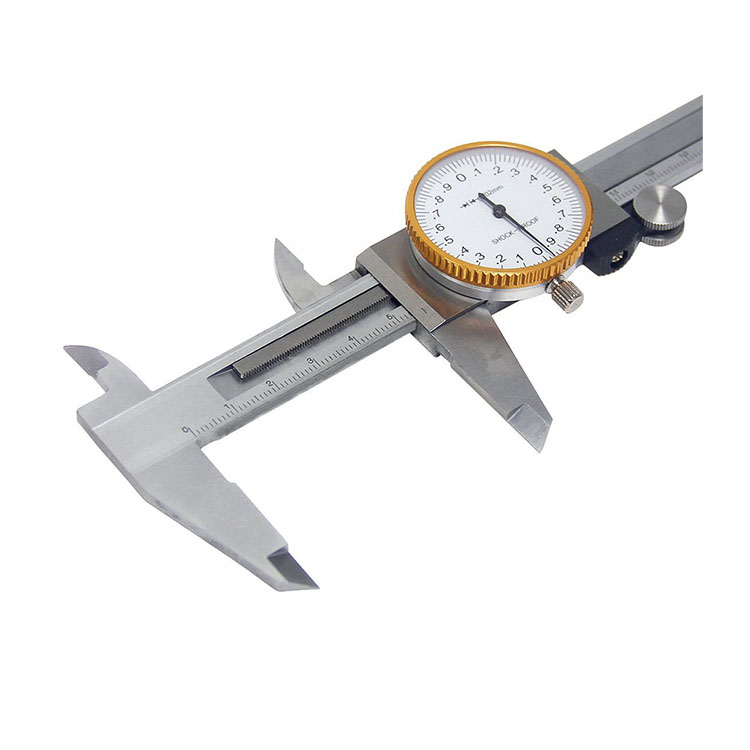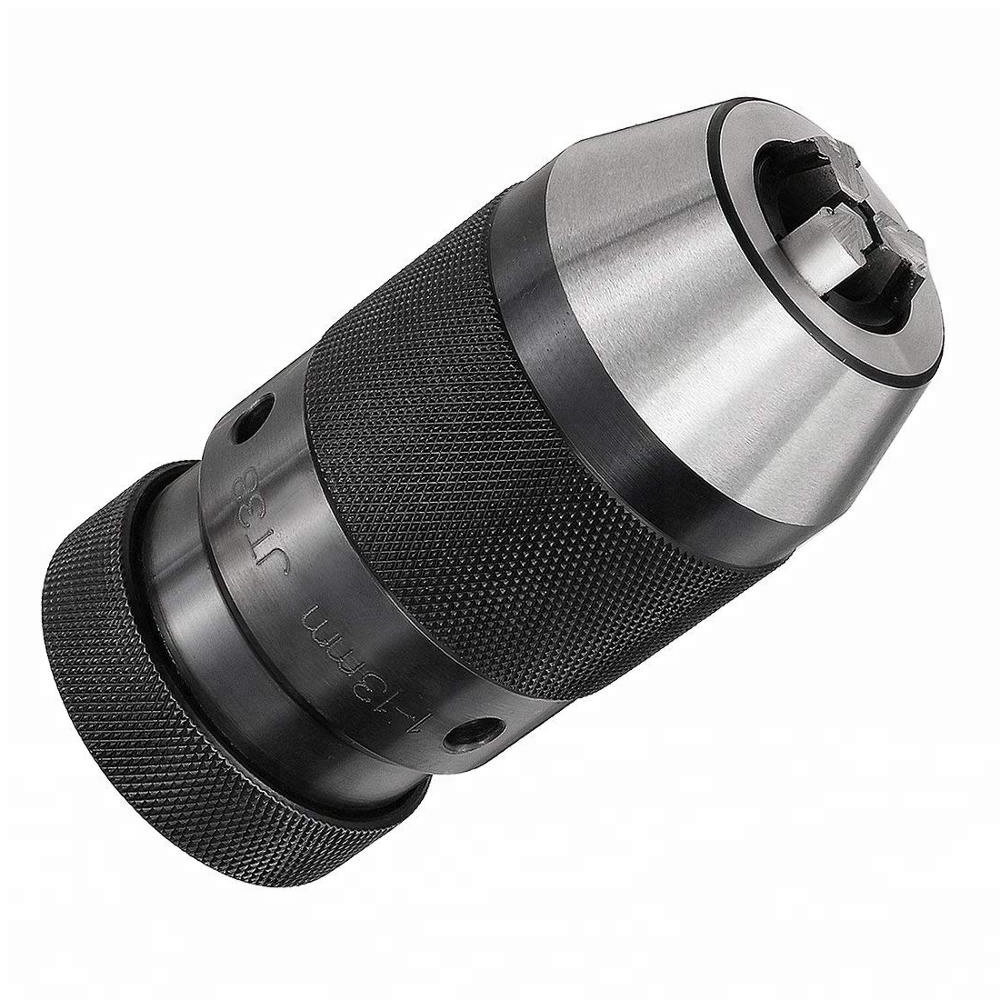Micrometer Factory
A micrometer factory specializes in the precision manufacturing of micrometers, essential instruments for accurate measurement in various industries. They produce a range of micrometers tailored to specific needs, ensuring high quality and adherence to rigorous standards. This guide explores the operations of a micrometer factory, the types of micrometers they produce, and the factors to consider when selecting a reliable supplier.
Understanding Micrometers and Their Applications
Micrometers are indispensable tools used across diverse fields for precise measurements of small distances. From engineering and manufacturing to quality control and scientific research, these instruments provide accuracy and reliability. A micrometer factory manufactures a variety of micrometers to meet these different needs.
Types of Micrometers
A micrometer factory typically produces several types of micrometers, each designed for specific applications:
- Outside Micrometers: Used to measure the external dimensions of objects.
- Inside Micrometers: Designed for measuring the internal dimensions of holes or cylinders.
- Depth Micrometers: Used to measure the depth of holes, slots, and recesses.
- Digital Micrometers: Electronic micrometers that provide digital readouts for enhanced accuracy and ease of use.
- Specialty Micrometers: Include blade micrometers, tube micrometers, and other specialized tools for specific measurement tasks.
Each type of micrometer has its own set of features and benefits, and the choice depends on the specific application.
Key Components of a Micrometer
Understanding the components of a micrometer is crucial for appreciating the precision engineering involved in their manufacture:
- Frame: Provides a stable structure for the instrument.
- Anvil: The fixed measuring surface.
- Spindle: The moving measuring surface.
- Sleeve (Barrel): Contains the main scale markings.
- Thimble: Used to rotate the spindle and make fine adjustments.
- Ratchet Stop: Ensures consistent measuring pressure.
- Locking Device: Holds the spindle in place after measurement.
The Micrometer Manufacturing Process at a Micrometer Factory
The production of high-quality micrometers involves a series of precise manufacturing processes. Here's an overview of what happens inside a micrometer factory:
Design and Engineering
The process begins with meticulous design and engineering. Micrometer factories employ skilled engineers who use CAD software to create detailed blueprints. They carefully consider material selection, tolerances, and functionality to ensure the final product meets stringent quality standards.
Material Selection
The choice of materials is critical for the durability and accuracy of micrometers. High-quality micrometer factories use:
- High-Carbon Steel: For the frame and spindle, providing strength and stability.
- Tungsten Carbide: For the anvil and spindle tip, offering exceptional wear resistance.
- Heat-Treated Alloys: For other components, ensuring hardness and dimensional stability.
Precision Machining
The machining process involves shaping the components to precise dimensions using CNC machines. Micrometer factories employ skilled machinists who ensure that each part meets the required tolerances. This includes turning, milling, grinding, and other precision machining operations.
Assembly and Calibration
Once the components are manufactured, they are carefully assembled by trained technicians. Each micrometer is then calibrated to ensure accuracy. Calibration involves comparing the micrometer's readings against a known standard and making adjustments as needed. High-end micrometer factories use laser calibration systems to achieve the highest levels of precision. Wayleading Tools understands the importance of calibration and ensures all micrometers meet industry standards.
Quality Control
Quality control is an integral part of the manufacturing process. Micrometer factories implement rigorous quality control procedures to ensure that each micrometer meets the required standards. This includes visual inspections, dimensional measurements, and functional testing. Only micrometers that pass these tests are approved for sale. You can find more information about our quality control processes at Wayleading Tools.
Factors to Consider When Choosing a Micrometer Factory
Selecting the right micrometer factory is essential to ensure you receive high-quality, reliable instruments. Here are some factors to consider:
Quality Standards and Certifications
Look for micrometer factories that adhere to recognized quality standards, such as ISO 9001. Certifications demonstrate a commitment to quality and continuous improvement. For example, the company that produces this product follows rigorous quality control measures. Data parameters are often sourced from the manufacturer's official documentation.
Manufacturing Capabilities
Consider the micrometer factory's manufacturing capabilities. Do they have the necessary equipment and expertise to produce the types of micrometers you need? Can they handle large orders and meet your delivery deadlines?
Experience and Reputation
Choose a micrometer factory with a proven track record of producing high-quality instruments. Check their references and read customer reviews to get an idea of their reputation. Wayleading Tools has been serving the industry for over a decade.
Customization Options
If you require customized micrometers, ensure the micrometer factory offers customization options. Can they modify existing designs or create entirely new instruments to meet your specific needs?
Pricing and Payment Terms
Compare pricing from different micrometer factories to ensure you are getting a fair deal. Also, consider the payment terms and shipping costs.
Applications of Micrometers
Micrometers are crucial in various sectors for ensuring accuracy and precision. Here are some notable applications:
Manufacturing
In manufacturing, micrometers are used to measure the dimensions of parts and components. This ensures that the manufactured products meet the required specifications. A micrometer factory supports this by providing the tools necessary for quality assurance.
Automotive Industry
The automotive industry relies on micrometers for measuring engine parts, brake components, and other critical components. Precision measurements are essential for ensuring the reliability and safety of vehicles.
Aerospace
In aerospace, micrometers are used to measure the dimensions of aircraft parts, such as turbine blades and landing gear components. The aerospace industry demands the highest levels of precision, and micrometers play a vital role in ensuring that these standards are met.
Electronics
Micrometers are used in the electronics industry to measure the dimensions of circuit boards, microchips, and other electronic components. As components get smaller, the need for precise measurement tools increases.
Maintaining and Calibrating Micrometers
Proper maintenance and calibration are essential for ensuring the accuracy and longevity of micrometers. Here are some tips:
Cleaning
Clean your micrometer regularly to remove dirt, oil, and other contaminants. Use a clean, lint-free cloth to wipe the measuring surfaces and other components.
Storage
Store your micrometer in a protective case to prevent damage. Avoid storing it in humid or dusty environments.
Calibration
Calibrate your micrometer regularly to ensure accuracy. The frequency of calibration depends on the usage and environmental conditions. It's recommended to calibrate your micrometers at least once a year.
By choosing a reputable micrometer factory and following proper maintenance and calibration procedures, you can ensure that your micrometers provide accurate and reliable measurements for years to come.
Comparing Different Types of Micrometers
Here's a simple comparison table highlighting the key differences between various types of micrometers:
| Type of Micrometer | Application | Key Features | Advantages |
|---|---|---|---|
| Outside Micrometer | Measuring external dimensions | U-shaped frame, anvil, spindle | Versatile, widely used |
| Inside Micrometer | Measuring internal dimensions | Two measuring points, adjustable | Accurate measurement of holes |
| Depth Micrometer | Measuring depth of holes/recesses | Base and measuring rod | Easy to measure depth |
| Digital Micrometer | General purpose measurement | Digital display, electronic readout | High accuracy, easy to read |
Conclusion
A reliable micrometer factory is essential for obtaining accurate and dependable measurement tools. By understanding the manufacturing process, key features, and applications of micrometers, you can make informed decisions when selecting a supplier. Wayleading Tools is committed to providing high-quality micrometers that meet the rigorous demands of various industries. Visit www.wayleading.com to learn more about our products and services.
Related products
Related products
Best selling products
Best selling products-
 5C Round Collet With Inch and Metric Size
5C Round Collet With Inch and Metric Size -
 Adjustable Tap And Reamer Wrench For Thread Cutting Tools
Adjustable Tap And Reamer Wrench For Thread Cutting Tools -
 Outside Micrometer Set Of Inch & Metric With Rachet Stop
Outside Micrometer Set Of Inch & Metric With Rachet Stop -
 9PCS Broken Tap Extractor Set With Storage Box
9PCS Broken Tap Extractor Set With Storage Box -
 ANSI B94 HSS Jobber Length Drill Bits Fully Ground
ANSI B94 HSS Jobber Length Drill Bits Fully Ground -
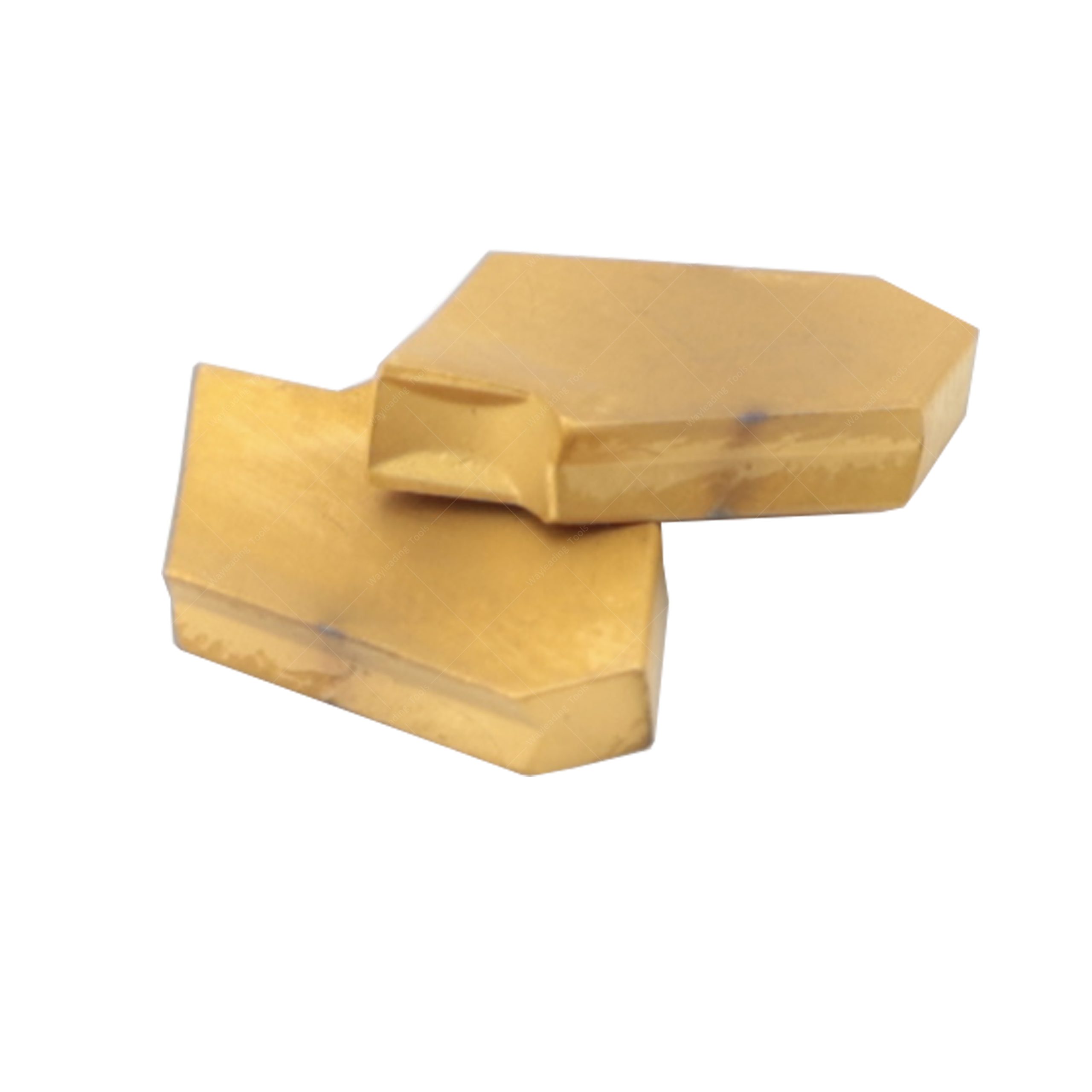 GTN Parting & Grooving Insert For NCIH Blade
GTN Parting & Grooving Insert For NCIH Blade -
 Indexable Spade Drill Holder With Helical Flute Holder And Taper Shank
Indexable Spade Drill Holder With Helical Flute Holder And Taper Shank -
 Type E Oval Tungsten Carbide Rotary Burr
Type E Oval Tungsten Carbide Rotary Burr -
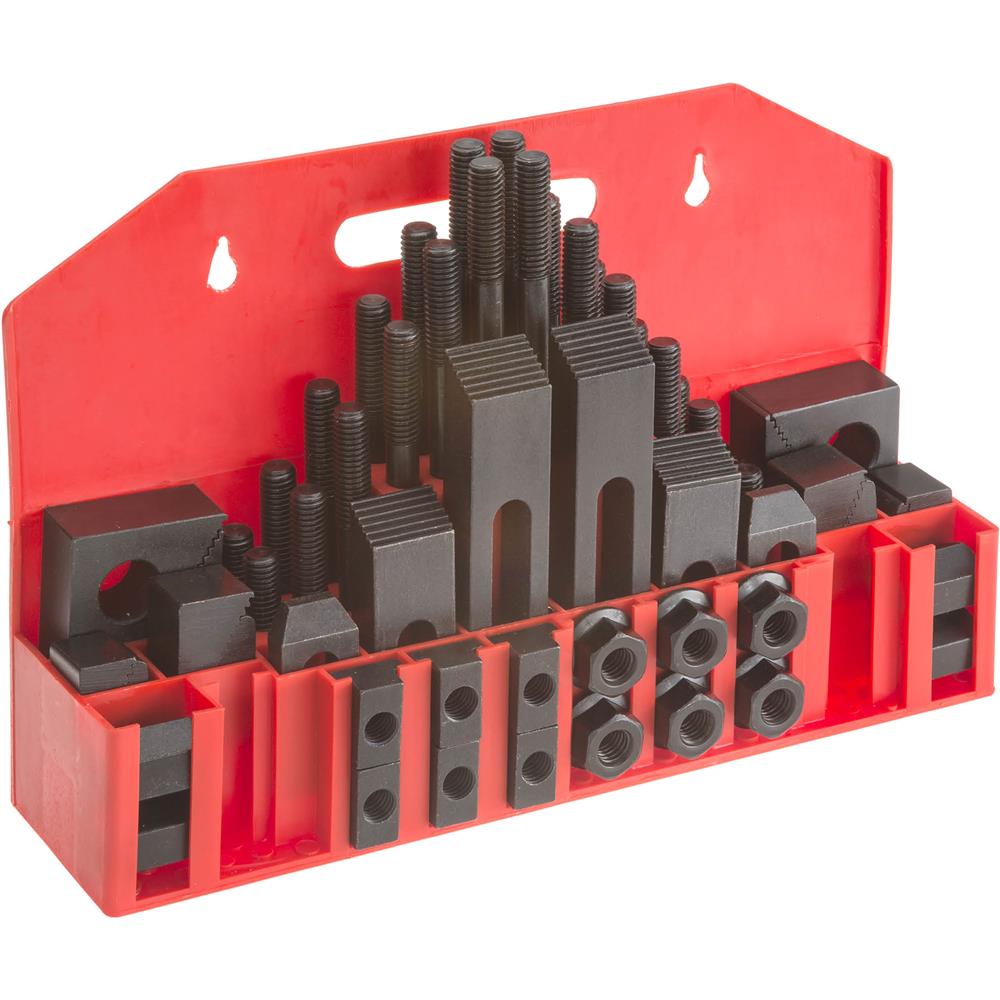 58pcs Clamping Kit With Metric & Inch Size
58pcs Clamping Kit With Metric & Inch Size -
 5C Square Collet With Inch and Metric Size
5C Square Collet With Inch and Metric Size -
 Precision Dial Indicator Gage For Industrial With Jeweled
Precision Dial Indicator Gage For Industrial With Jeweled -
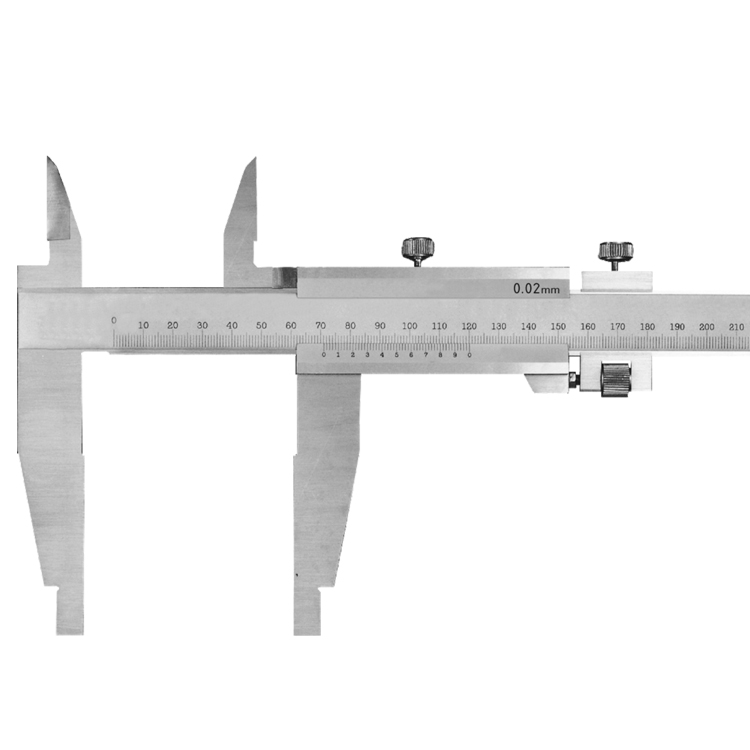 Precision Monoblock Vernier Caliper With Nib Style & Standard Style Jaws Of Metric & Imperial For Industrial
Precision Monoblock Vernier Caliper With Nib Style & Standard Style Jaws Of Metric & Imperial For Industrial
Related search
Related search- taper drill sleeve
- CNMG Turning Insert Suppliers
- Micrometer Suppliers
- end mill adapter Manufacturer
- UN threading insert Suppliers
- Woodruff Keyseat Cutter set Manufacturers
- quick change tool holder Suppliers
- milling machine arbor Factories
- american taper pipe full profile threading insert Factories
- height gauge


